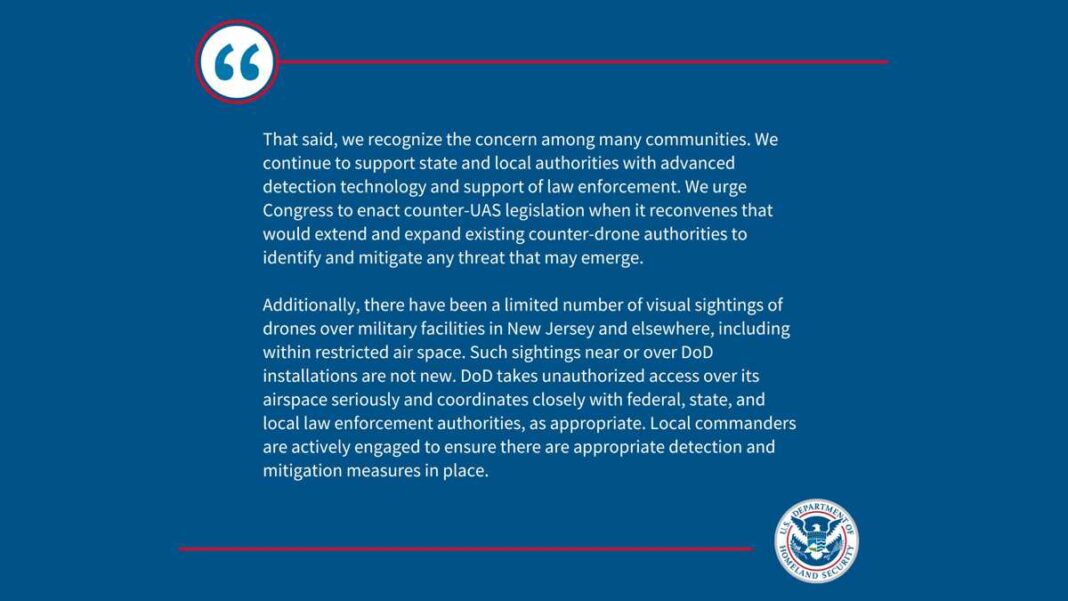The system will ensure Europe retains connectivity ‘even in a hostile environment,’ an EU official said.
The European Union is developing a competitor to Elon Musk’s Starlink satellite system and similar networks, aiming to strengthen regional security through a satellite communication network that ensures uninterrupted access to “secure governmental connectivity services while also providing high-end commercial services,” according to the European Space Agency.
The European Space Agency and the European Commission, the EU’s executive branch, on Dec. 16 signed a 10.6 billion euro ($11.11 billion) contract with the SpaceRISE consortium of three European satellite operators: SES, Eutelsat, and Hispasat. Under the deal, the consortium will design, deliver, and run the IRIS² satellite system for 12 years.
The IRIS² satellite constellation is a network of 290 Low Earth Orbit and Medium Earth Orbit satellites that aims to provide secure broadband connectivity to the bloc’s member nations.
The EU’s development of a satellite system comes amid concerns about Starlink’s use during periods of conflict. Starlink is a network of nearly 6,500 satellites. In 2022, Ukraine planned a drone strike near Crimea, which was annexed by Russia. When Ukraine asked for Starlink to be activated in the area, Musk denied the request.
“If I had agreed to their request, then SpaceX would be explicitly complicit in a major act of war and conflict escalation,” Musk said last year.
The European Commission’s commissioner for defense and space, Andrius Kubilius, welcomed the signing of the IRIS² agreement, saying that the satellite system “will be vital” for the EU’s security and defense.
“In times of crisis, we cannot afford to be too dependent on countries or companies from outside the European Union,” he said in a Dec. 16 statement. “IRIS² will bring us the resilience and autonomy we so badly need. In times of war, we cannot afford to lose connectivity. Ukraine teaches us that tragic lesson every day. In Ukraine on the battlefield when connectivity fails, lives are lost. In Ukraine, when Russian forces disrupt Ukrainian signals, Ukrainian soldiers die, civilians die—men, women and children.”
IRIS² is expected to give Europe connectivity “even in a hostile environment,” allowing communication lines to remain open even when hostile actors jam them or carry out cyber attacks, he said.
The first satellite in the IRIS² network is expected to be launched in 2029, with services scheduled to begin in 2030. Out of the 10.6 billion euro funding, the European Union will pay 6 billion euros ($6.3 billion); ESA, 550 million euros ($578 million); and the private sector, more than 4 billion euros ($4.2 billion).








